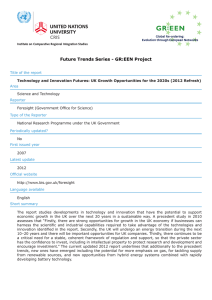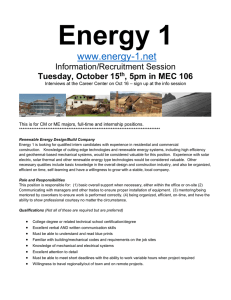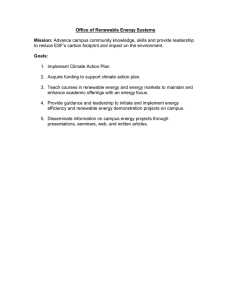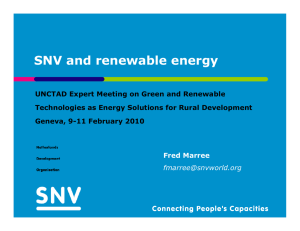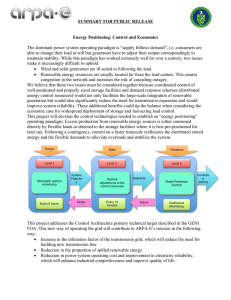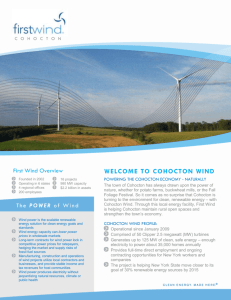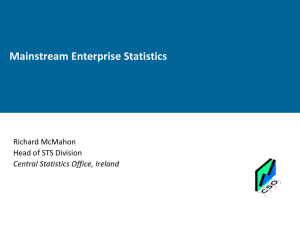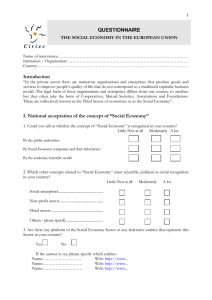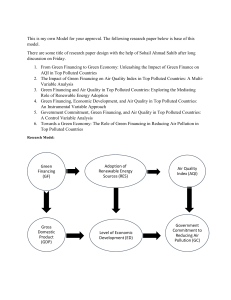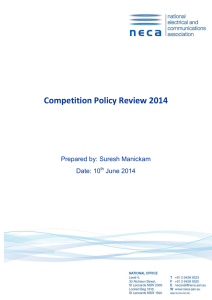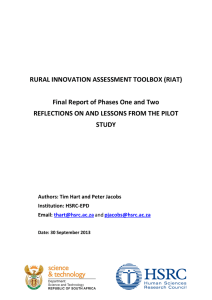4S Conference Call for Proposals: ‘STS and Place’ paper session Japan
advertisement
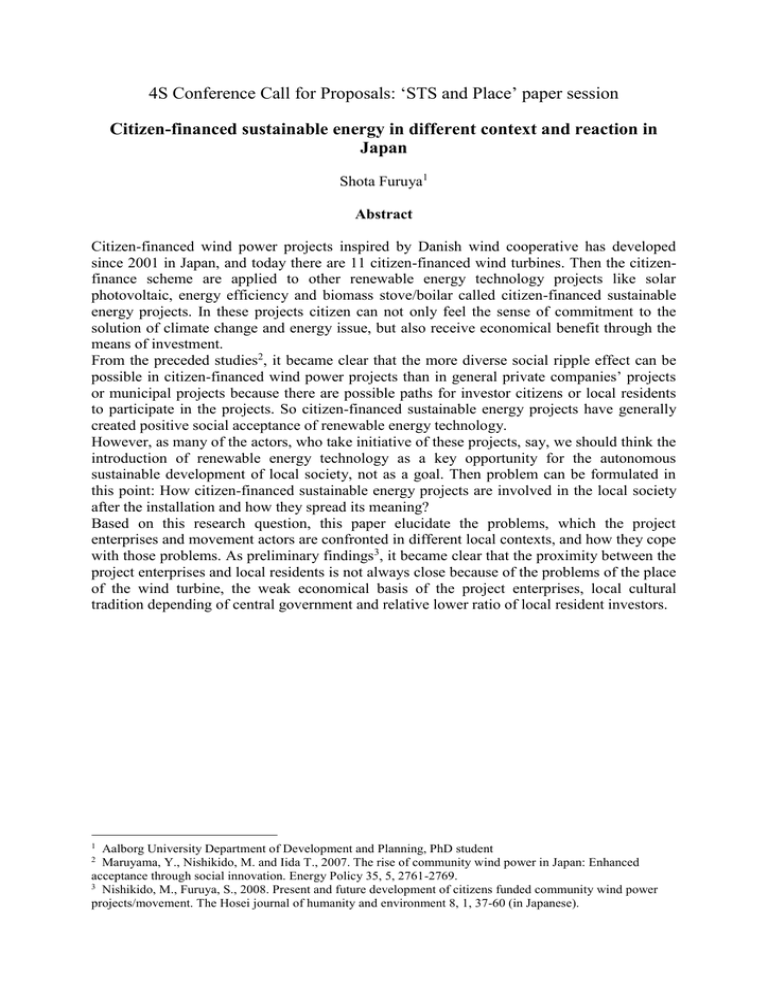
4S Conference Call for Proposals: ‘STS and Place’ paper session Citizen-financed sustainable energy in different context and reaction in Japan Shota Furuya1 Abstract Citizen-financed wind power projects inspired by Danish wind cooperative has developed since 2001 in Japan, and today there are 11 citizen-financed wind turbines. Then the citizenfinance scheme are applied to other renewable energy technology projects like solar photovoltaic, energy efficiency and biomass stove/boilar called citizen-financed sustainable energy projects. In these projects citizen can not only feel the sense of commitment to the solution of climate change and energy issue, but also receive economical benefit through the means of investment. From the preceded studies2, it became clear that the more diverse social ripple effect can be possible in citizen-financed wind power projects than in general private companies’ projects or municipal projects because there are possible paths for investor citizens or local residents to participate in the projects. So citizen-financed sustainable energy projects have generally created positive social acceptance of renewable energy technology. However, as many of the actors, who take initiative of these projects, say, we should think the introduction of renewable energy technology as a key opportunity for the autonomous sustainable development of local society, not as a goal. Then problem can be formulated in this point: How citizen-financed sustainable energy projects are involved in the local society after the installation and how they spread its meaning? Based on this research question, this paper elucidate the problems, which the project enterprises and movement actors are confronted in different local contexts, and how they cope with those problems. As preliminary findings3, it became clear that the proximity between the project enterprises and local residents is not always close because of the problems of the place of the wind turbine, the weak economical basis of the project enterprises, local cultural tradition depending of central government and relative lower ratio of local resident investors. 1 Aalborg University Department of Development and Planning, PhD student Maruyama, Y., Nishikido, M. and Iida T., 2007. The rise of community wind power in Japan: Enhanced acceptance through social innovation. Energy Policy 35, 5, 2761-2769. 3 Nishikido, M., Furuya, S., 2008. Present and future development of citizens funded community wind power projects/movement. The Hosei journal of humanity and environment 8, 1, 37-60 (in Japanese). 2
